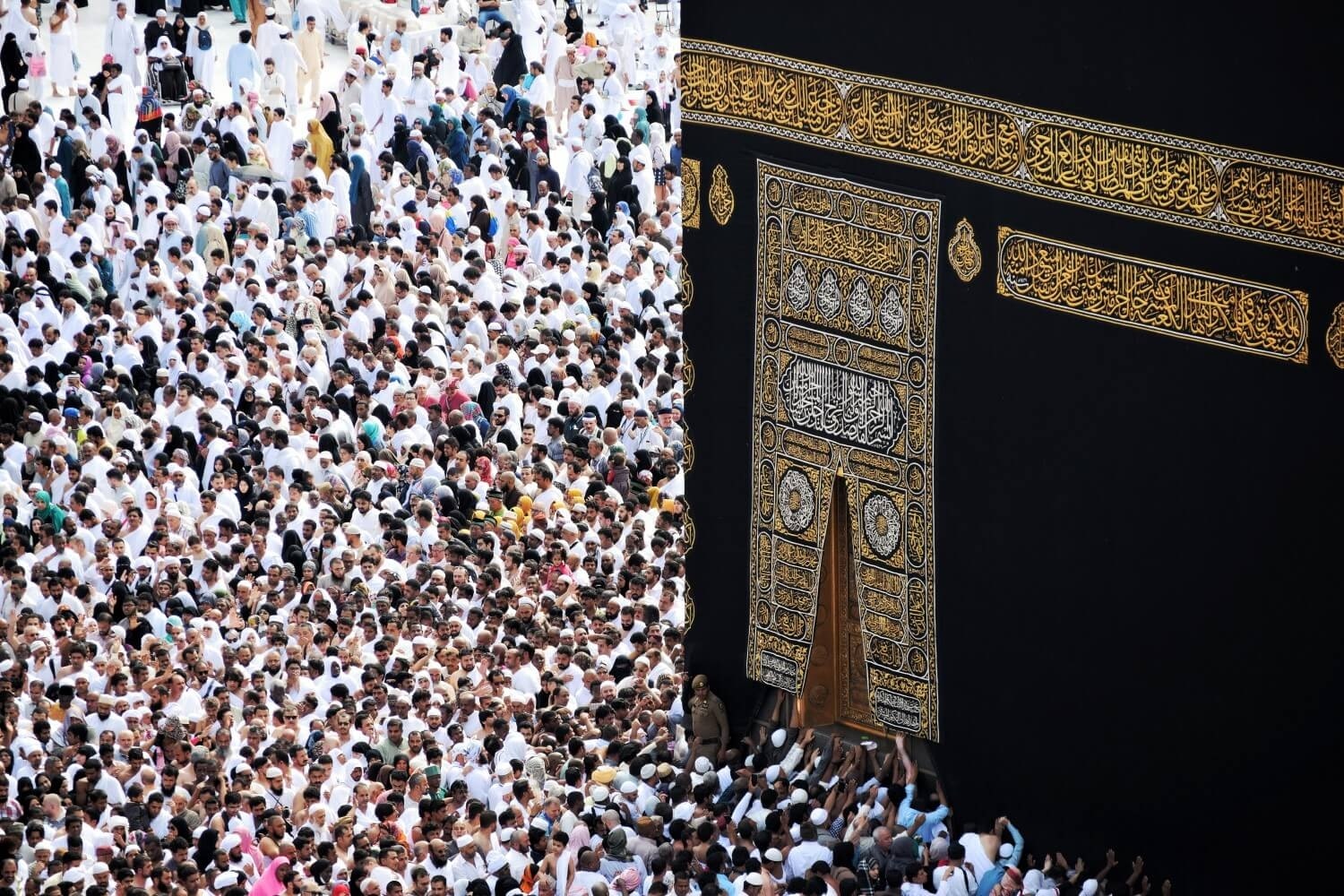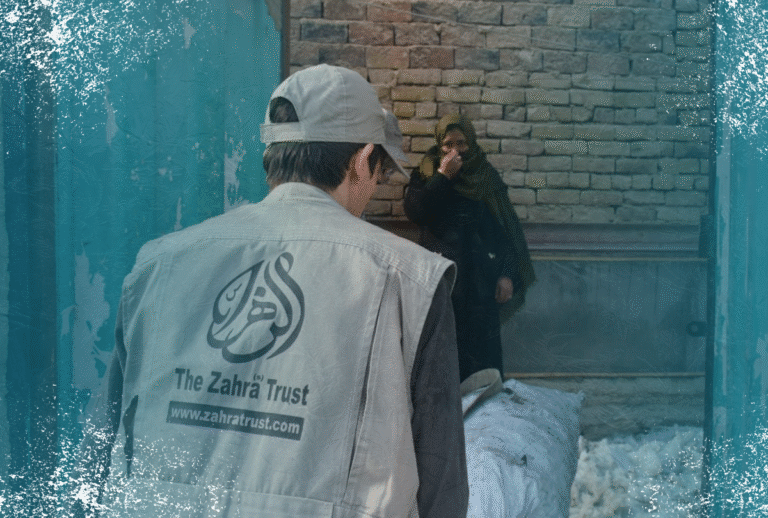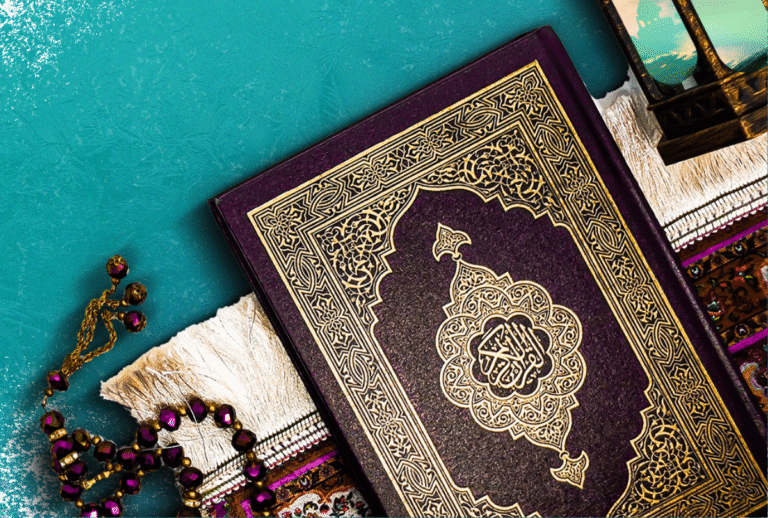The First Ten Days of Dhul Hijjah
Dhul Hijjah is one of the four sacred months in Islam. The first ten days hold a special status and are referred to as the “Al-Ayyam al-Ma’lumat” or “the Appointed Days” in the Holy Qur’an (Surah al-Hajj, 22:28). The status of these days is further cemented as Allah (swt) swears by them in Surah al-Fajr (89:1-2).
During these ten days, there are recommended acts we can perform to benefit greatly. The Prophet (saww) is reported to have said that there are no days when Allah (swt) is as pleased with good deeds as He (swt) is during these ten days (Sayyid bin Tawus, Iqbal). Below, some of these recommended acts are listed.
1. Fasting
“Fasting in Ramadhan: A Simple Guide to Ritual, Social, and Spiritual Dimensions” by Maulana Sayyid Muhammad Rizvi mentions that fasting is recommended for the first nine days of Dhul Hijjah (the tenth day would be Eid al-Adha, making it haram/unlawful to fast).
Fasting on the 1st of Dhul Hijjah is highly recommended. Fasting on the 9th of Dhul Hijjah, which is Arafat Day, is also highly recommended, provided that it does not affect one’s ability to perform the a’maal. (acts of worship).
It is important to note that any wajib (compulsory) fasts one must make up will take priority over a recommended fast. However, the compulsory fast to make up can still be done during these nine days.
2. Special Prayer Between Maghrib and Isha
A special prayer is recommended between Maghrib and Isha in the first ten nights. A hadith attributed to Imam Muhammad Al-Baqir (as) mentions the reward of offering this prayer is receiving the rewards of those performing Hajj (Sayyid bin Tawus, Iqbal).
It is a prayer consisting of two units (rakaahs), and the following is recited in each unit:
- Surah al-Fatiha once
- Surah al-Ikhlas once
- Ayat 142 of Surah al-A’raf
The ayat is as follows:
وَوَاعَدْنَا مُوسَى ثَلاَثِينَ لَيْلَةً وَأَتْمَمْنَاهَا بِعَشْرٍ فَتَمَّ مِيقَاتُ رَبِّهِ أَرْبَعِينَ لَيْلَةً وَقَالَ مُوسَى لأَخِيهِ هَارُونَ اخْلُفْنِي فِي قَوْمِي وَأَصْلِحْ وَلاَ تَتَّبِعْ سَبِيلَ الْمُفْسِدِينَ
“And We appointed for Musa thirty nights, and completed (the period) with ten more; thus he completed the whole time appointed by his Lord of forty nights. And Musa said to his brother Harun: Take my place (Act for me) among the people. Do right, and do not follow the way of those who do mischief.”
3. Special Recitations
Mafatihul Jinan has a few special recitations recommended for the first ten days:
- A dua that can be recited anytime after Fajr and before Maghrib.
- Five short duas (supplications) that were delivered by Angel Jibrail to Prophet Isa (as) from Allah (swt) as a gift.
- A short tahlil (declaration of faith).
These can be found here.
4. Increasing Worship and Good Deeds
Increase your worship and good deeds during these first ten days. This includes:
- Praying Salaatul Layl
- Reciting the Holy Qur’an
- Increasing tawbah (repentance) and istighfar (seeking forgiveness)
- Self-reflection on how to improve ourselves
- Acts of charity: monetarily, volunteerism, etc.
It is also highly recommended to perform the special devotions for the night & day of Arafat, and the special devotions for the night and day of Eid al-Adha including the Eid prayer.
5. Qurbani
Performing or donating towards Qurbani is the act of sacrificing an animal for the sake of Allah (swt). It commemorates the willingness of Prophet Ibrahim (as) to sacrifice Prophet Ismail (as) in obedience to Allah’s (swt) command.
Qurbani has various benefits, including forgiveness of sins, protection from misfortunes, and helping the less fortunate with the Qurbani meat.
The Zahra Trust Canada is distributing Qurbani meat to the most vulnerable people. Help us combat food inequality by nourishing communities, supporting local economies, and promoting sustainability with your Qurbani donation.
For more information and to secure your Qurbani, please click here.
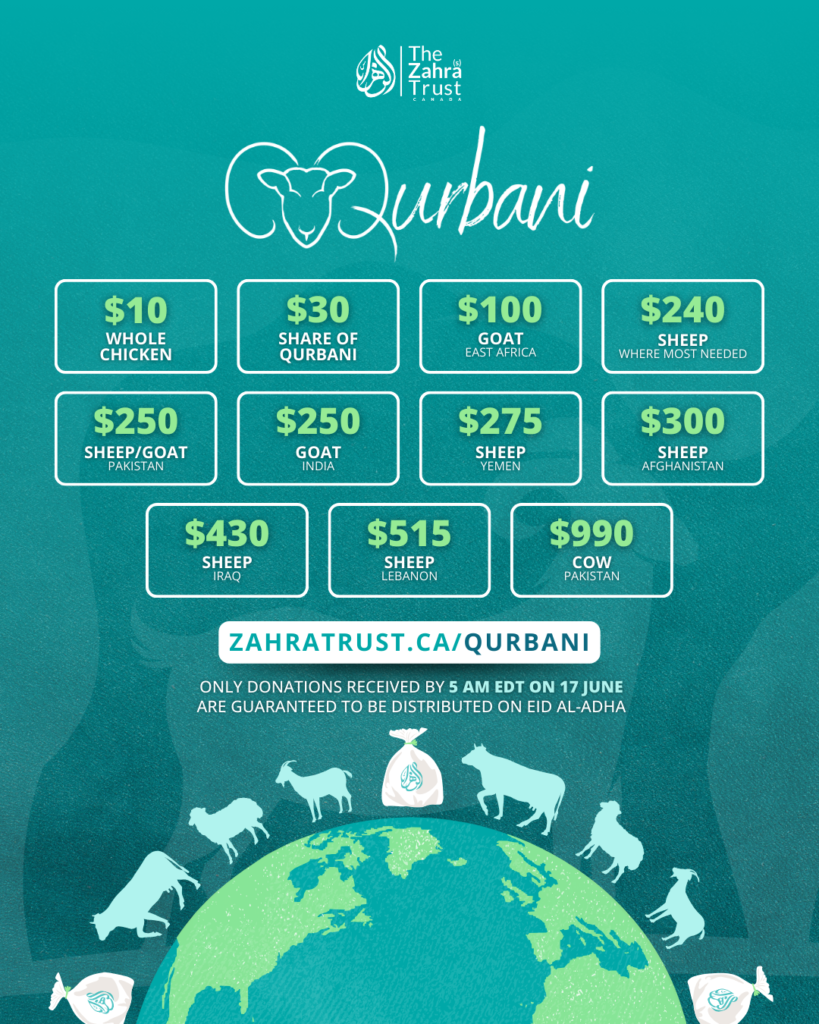
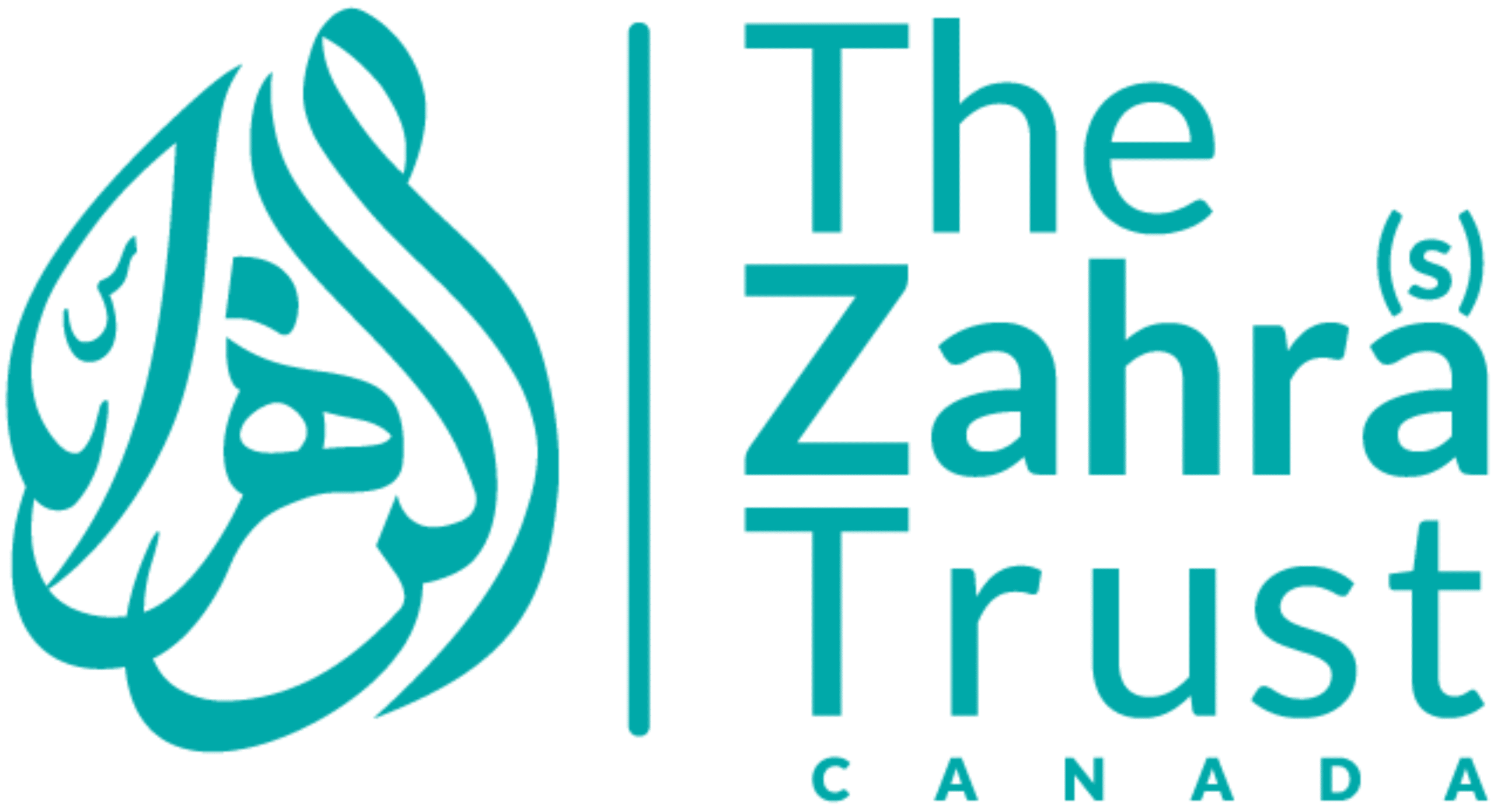

 Donate Now
Donate Now
 Donate
Donate
